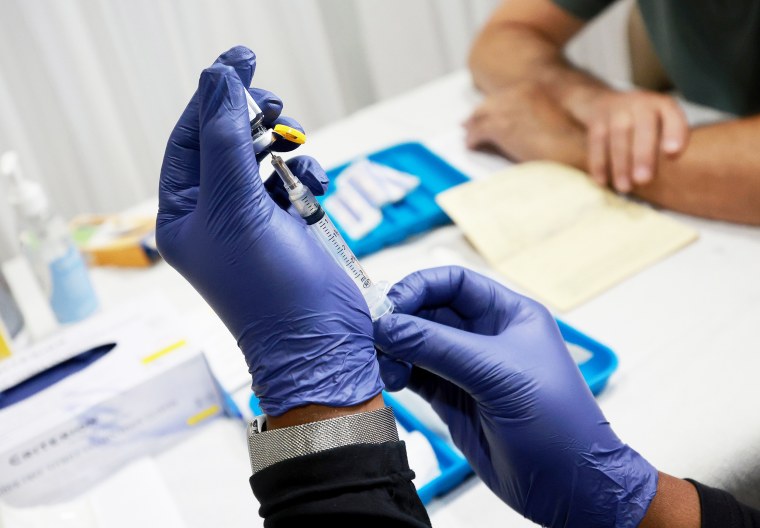Monkeypox Transmission
"Monkeypox is not HIV infection and won't have its consequences. It is self-limiting and, once infected, antibodies produced will likely prevent reinfection.""It is not nearly as great a risk as COVID-19, with an ever-mutating virus that escapes the constraint of vaccination and has infected more than one billion people.""It is however, yet another serious worldwide health concern that can further disrupt lives, the ability to work and further stress our crumbling health-care system. We have done too little too late to greatly dampen spread .""We now need to urgently vaccinate as many at-risk individuals as possible, act responsibly to avoid exposure, increase our testing capacity and pray that the disease burden will be manageable for our already overwhelmed health-care system."Dr. Harry Rakowski, academic cardiologist and commentator, Toronto
 |
Monkeypox was known as a virus endemic to Africa at a low level of disease transmission. Until it was reported in Europe in mid-May with outbreaks in three countries where its appearance was linked to large social events where gay men have sex with multiple partners. This, according to a global study published recently in the New England Journal of Medicine.
On July 28 the Centers for Disease Control and Prevention in the United States reported on its website 21,000 cases in 75 countries where never before had a case of Monkeypox been seen. Globally, cases are rising now by roughly a thousand every day, a number certain to be an underestimate of the true burden of disease, reflecting a common enough phenomenon of under-reporting.
The vast proportion of cases -- about 99 percent -- occur in men typically who engage in sex with other men. The first case of Monkeypox was reported July 1 in Canada. By the time July 28 rolled around, 745 cases had been identified. The disease is spread through close physical contact with someone who is infected through sexual activity, mucous membrane transfer, or contact with fabrics such as clothing or bedsheets which were infected through use.
Although Monkeypox is basically a sexually transmitted disease, it can infect anyone at any age through skin contact with people who are infected or through the use of items the virus was transferred to, with use. How long the virus can remain viable on fabrics or surfaces is yet to be determined. It takes one to two weeks following exposure before the infected individual may develop fever and flu-like symptoms; headache, muscle aches and swollen lymph nodes.
 |
A pox-like rash then develops, characterized by pus-filled bumps (Pustules) that may resemble pimples or blisters. The disease is extremely uncomfortable for the sufferer, but few deaths result. The disease is known to be riskier for young children, pregnant women and older people. There are two vaccines approved by the FDA to be used in prevention.
The older of the two is available in large supply, originally developed for smallpox. The negative side of the ACAM vaccine is its significant side-effects which make it unsuitable for people with HIV; its use is not recommended for those with other immune diseases such as eczema or heart disease. The newer vaccine is available only in small supply.
A troubling aspect of the virus and its victimization of gay men with many sex partners being vulnerable to the disease is that venues that plan and stage events with high levels of sexual activity to the present -- Monkeypox spread aside -- decline to cancel those events.
 |
Labels: Communicable Through Sex Intimacy, Gay Community, Monkeypox, Research, Smallpox Vaccine, Viral Disease

0 Comments:
Post a Comment
<< Home